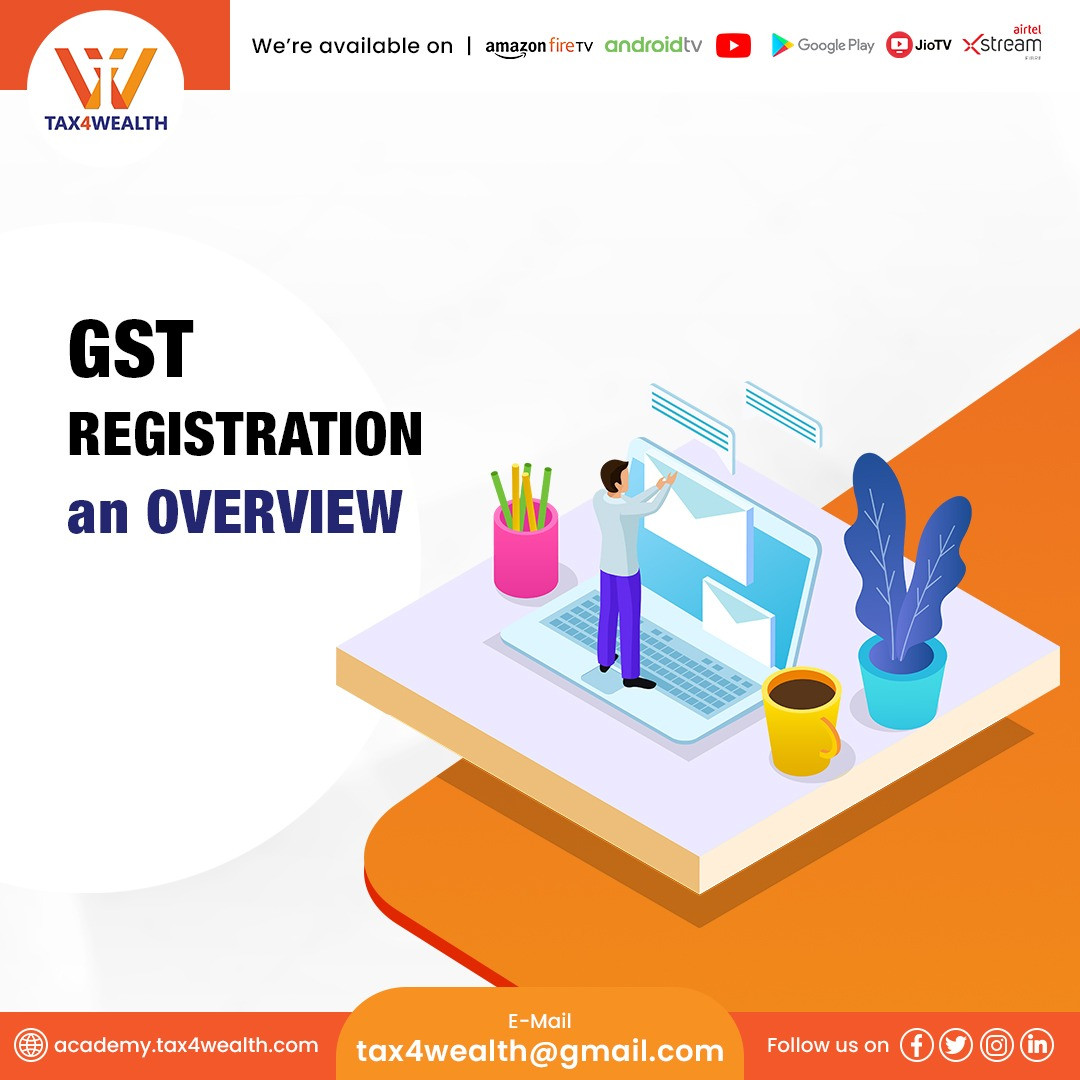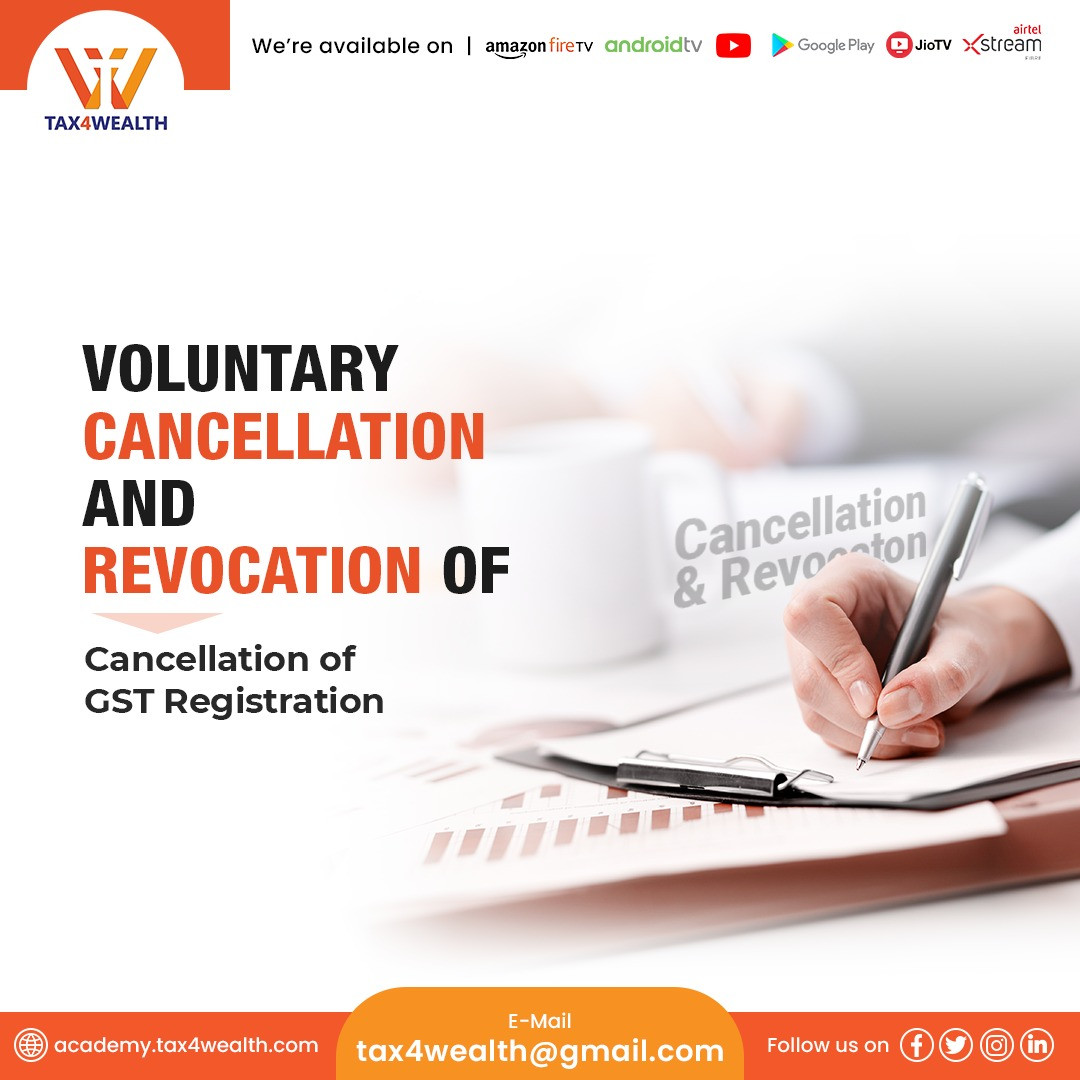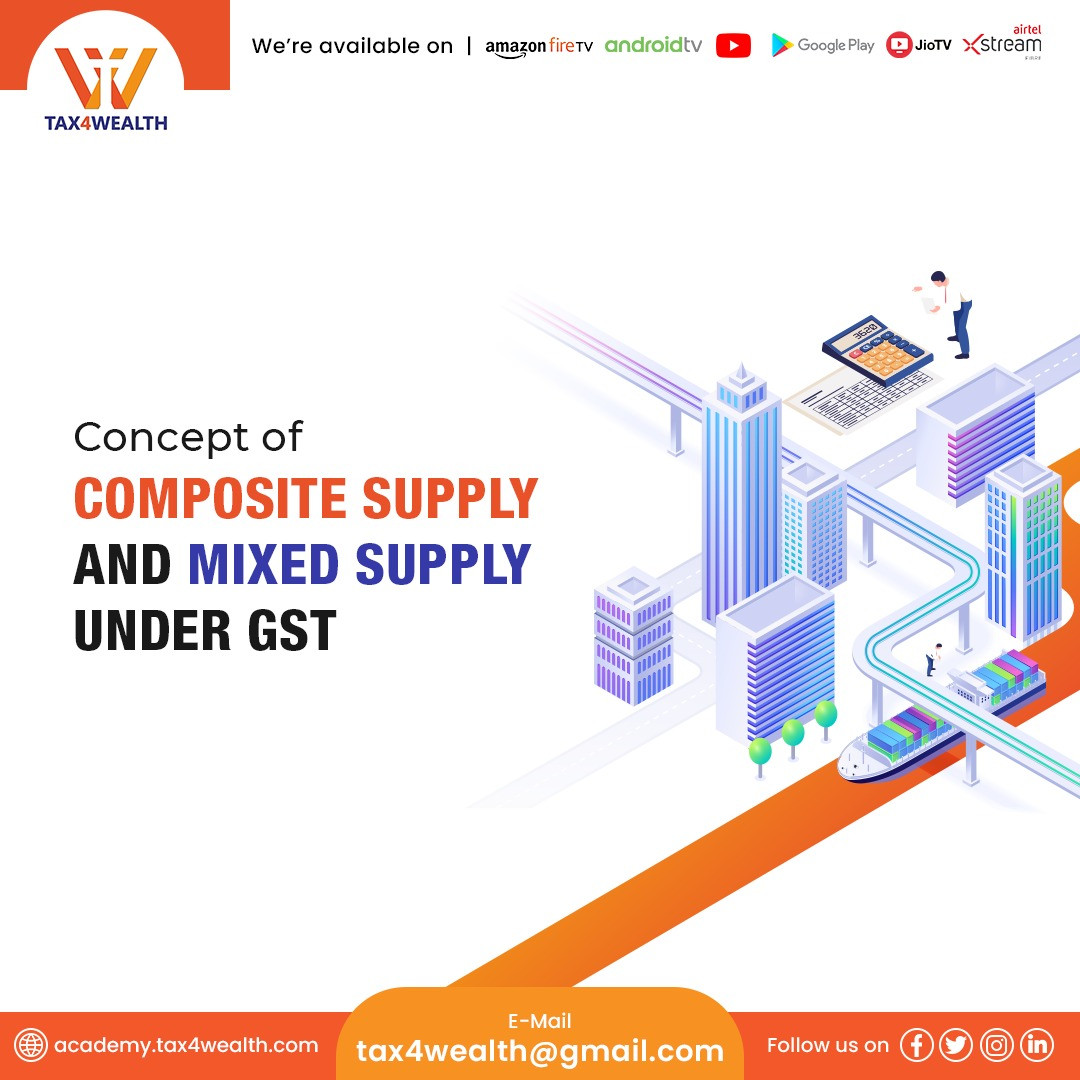
GST Registration : An Overview
Introduction:-
All the businesses that are engaged in the sale and purchase of goods and/or services are needed to get themselves registered under GST according to the provisions under GST. According to Goods and Service Tax law, businesses are not supposed to collect tax from consumers if they are not registered under GST. Apart from that, they are also not eligible to claim for any Input Tax Credit and they can also be liable to pay a penalty. Under the new GST law, it is mandatory for every business to do GST Registration, if its annual turnover exceeds the prescribed threshold limit under GST.
As per the GST Council, a business registered under a special category and exceeds the prescribed threshold limit of Rs.10 lakhs, is required to get registration under GST. For other businesses in India, the minimum threshold limit is fixed up to Rs. 20 lakhs. However, it is to be noted that apart from the above-mentioned criteria, there are some other provisions that are applicable to get registration under GST. According to GST law, businesses are required to get a GST registration within 30 days from the date of its commencement.
Want to become GST Expert in few days! Join Complete GST Course with Practical Training and get 100% Job Placement. Learn GST from Basic to advance level Click here 👉 GST Certification Courses.
Apart from the aforesaid criteria, there are also many other criteria’s that can be applied to make a business liable to get the GST registration irrespective of the annual turnover. The businesses are supposed to get themselves registered under GST according to the provisions of GST within a time period of 30 days from the date from which the business is supposed to get registered under GST.
What is GSTIN?
GSTIN is a 15 digit number that replaced Tax Identification Number (TIN) under the previous indirect tax regime.
Who are Liable for GST Registration?
As per the provisions under Section 22 of the Central Goods and Service Tax (CGST) Act, 2017, the following are the details of persons who are liable to get themselves registered under GST:
✅ When a supplier is involved in the sale of taxable goods and/or services, the supplier ultimately applies for a GST registration certificate according to its respective union or state territory in which the supplied will be made. Apart from that, the supplier has an annual turnover of Rs. 20 Lakhs in a financial year.
✅ The states that come under the special category, and supplier must apply for a GST registration certificate and has an annual turnover of Rs. 10 Lakhs or more in a financial year his liable for GST registration.
✅ The businesses which were previously registered under the indirect tax regime are required to get themselves registered under GST immediately preceding the appointment date.
✅ When a GST registered business transfers its business to another business based on the ongoing concern, whether it can be on the basis of succession account or any other. Then, the transferee or successor is liable to get a GST registration.
✅ As per the order of the court or tribunal, when there is a demerger or amalgamation, in that case, GST registration is compulsory for the demerging of an amalgamated company.
Also read; Composition Scheme Under GST for Small Taxpayers
Compulsory GST Registration:-
According to the provisions of GST, it is compulsory or mandatory under section 24 of the Central Goods and Service Tax (CGST) Act, 2017 to for a business it get GST registered. The categories of the persons or businesses who are liable to obtain the compulsory or mandatory registration of GST for goods and/or services are provided below;
✅ When a person is engaged in the sale and purchase of taxable goods and/or services within or outside the state.
✅ Casual taxable person
✅ The business which is liable to pay tax under the reverse charge mechanism
✅ Non-resident taxable person
✅ The businesses that fall under section 9 (5) of the GST Act;
✅ The businesses that are engaged in deducting TDS (Tax Deducted at Source)
✅ Input Service Distributor
✅ E-commerce Operator
✅ The business which is engaged in the supply of goods and/or services through an E-commerce operator and the E-commerce operator is collecting TCS (Tax Collected at Source)
✅ The business which is engaged in the supply of services related to data retrieval and online information from a foreign country to a business that is not registered under GST.
Casual GST Registration:-
As mentioned earlier, A business or person whose annual turnover is Rs.20 Lakh and more in a particular financial year have to get a GST registration. However, there some supplies which are special in nature have to also get themselves registered under GST, even if their annual turnover does not exceed the provided prescribed threshold limit i.e. Rs. 20 lakh. An example of such a special category is Casual Taxable Person (CTP). It is also to be noted that CTP cannot get a composition scheme under GST.
A Casual Taxable person should obtain a temporary GST registration with a validity of 90 days from the date of application within the specified state. The term "state" means the territory in which the casual taxable person has been supplying its goods and/or services. According to the Goods and Service Tax Act, an advance deposit based on estimated tax liability has to be made by a casual taxable person.
Deemed GST Registration:-
As per Section 26 of Central Goods and Service Tax (CGST) Act, 2017, For the granting of registration or providing a Unique Identity Number under SGST and UTGST Act will be regarded as Deemed registration under GST. However, it is to be noted that the Unique Identity Number is subject to the conditions of the registrant's application.
Voluntary GST Registration:-
The following are some of the businesses which are required to get a compulsory registration under GST are as follows;
✅ Businesses having an annual turnover exceeding Rs. 20 lakh in a financial year
✅ Businesses engaged in supply of goods and/or services within or outside the state
✅ Businesses engaged in the sale of goods and/or services online or through e-commerce websites
However, there are some businesses that can obtain a voluntary registration under GST even if their annual turnover does not exceed the prescribed threshold limit of Rs. 20 Lakh. It is to be noted that the business whose turnover is more than Rs.20 Lakhs and less than Rs. 1 Crore is eligible to get a omposition levy.
For more information, Visit us at: https://academy.tax4wealth.com/














GST registration is a crucial step for businesses to ensure compliance and smooth operations. This blog provides valuable insights into the process and benefits of GST registration in India. If you're looking for hassle-free GST registration services, Servicesplus.in is a reliable platform offering expert assistance at affordable rates. Their user-friendly approach makes the entire process seamless. Highly recommended for startups and businesses!